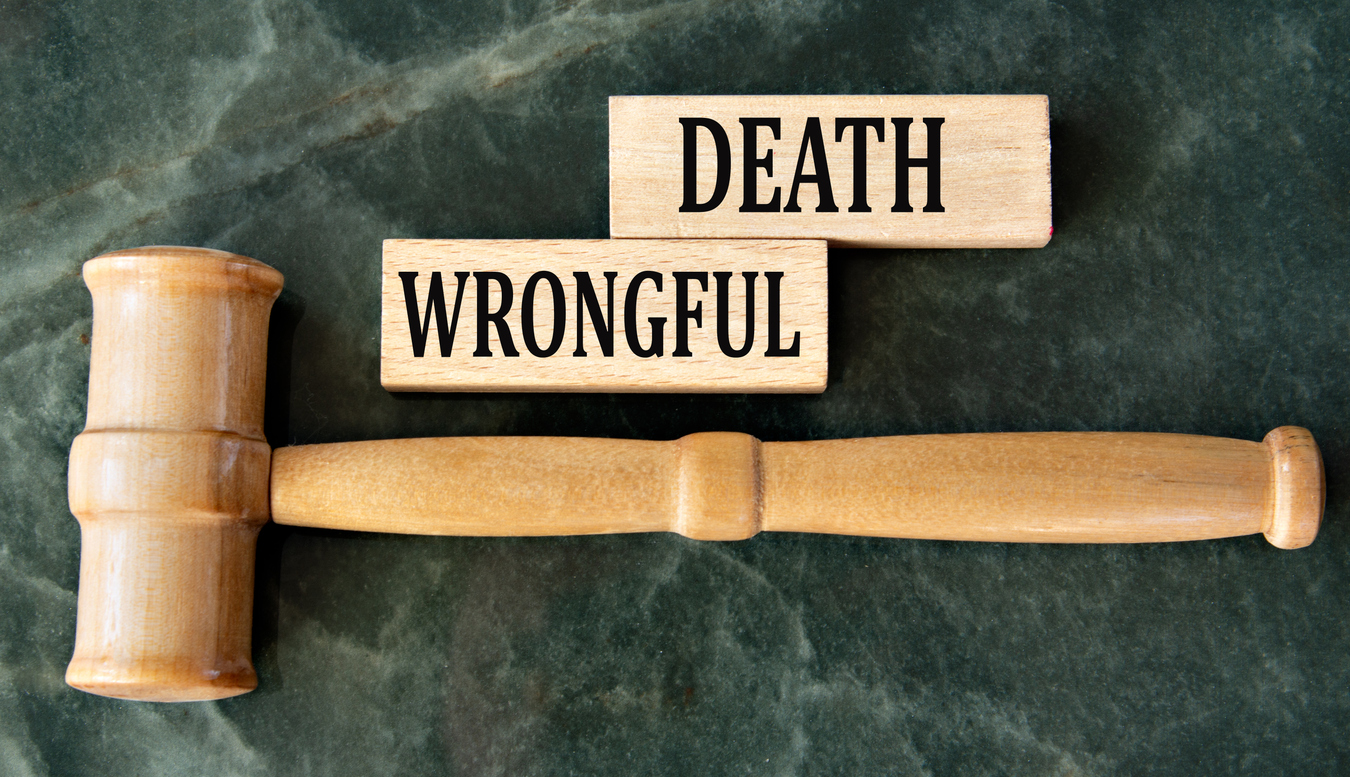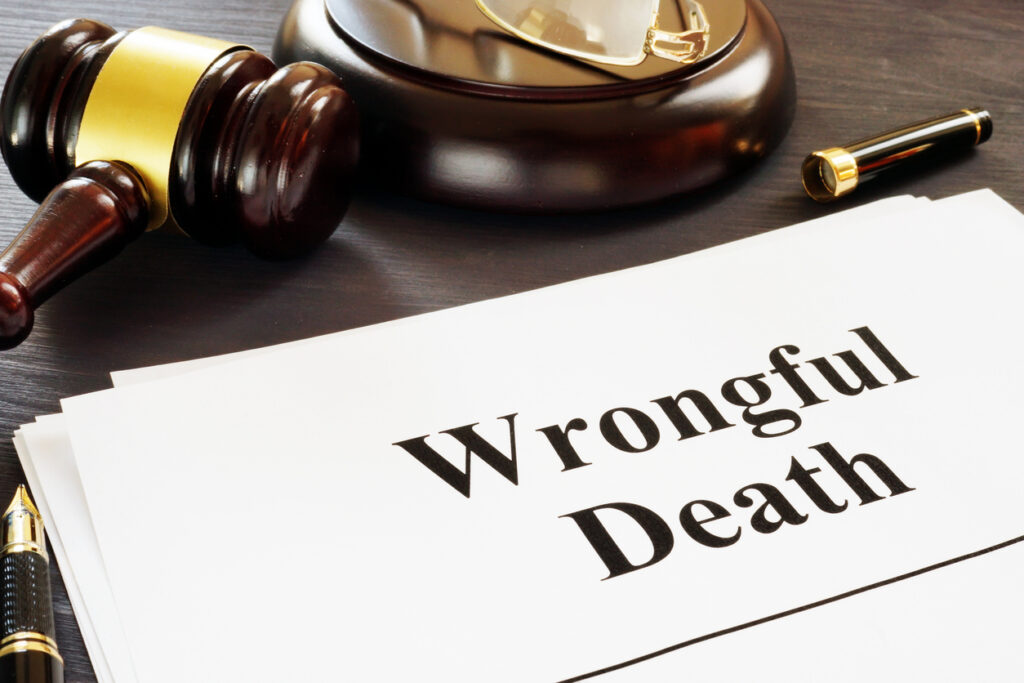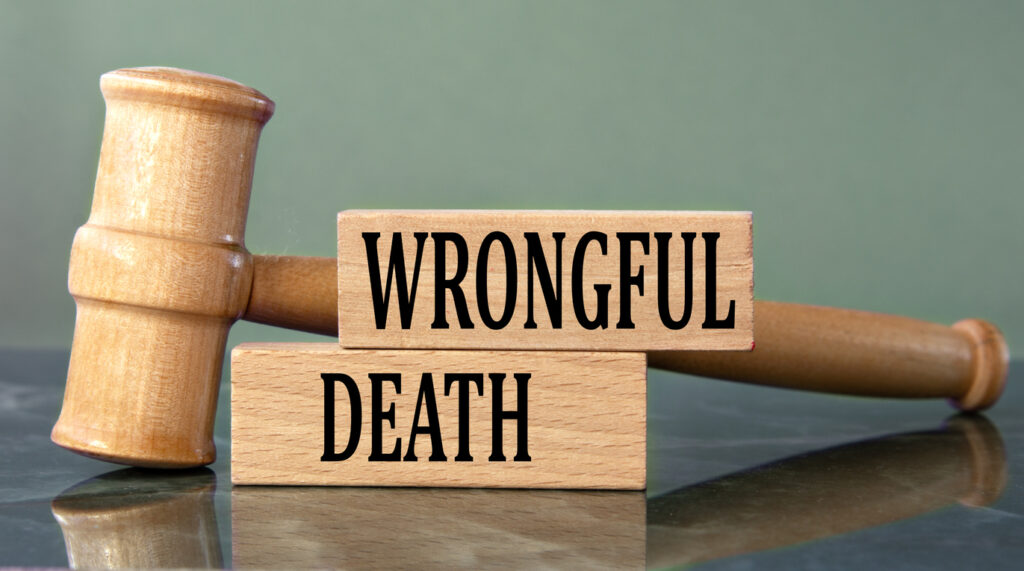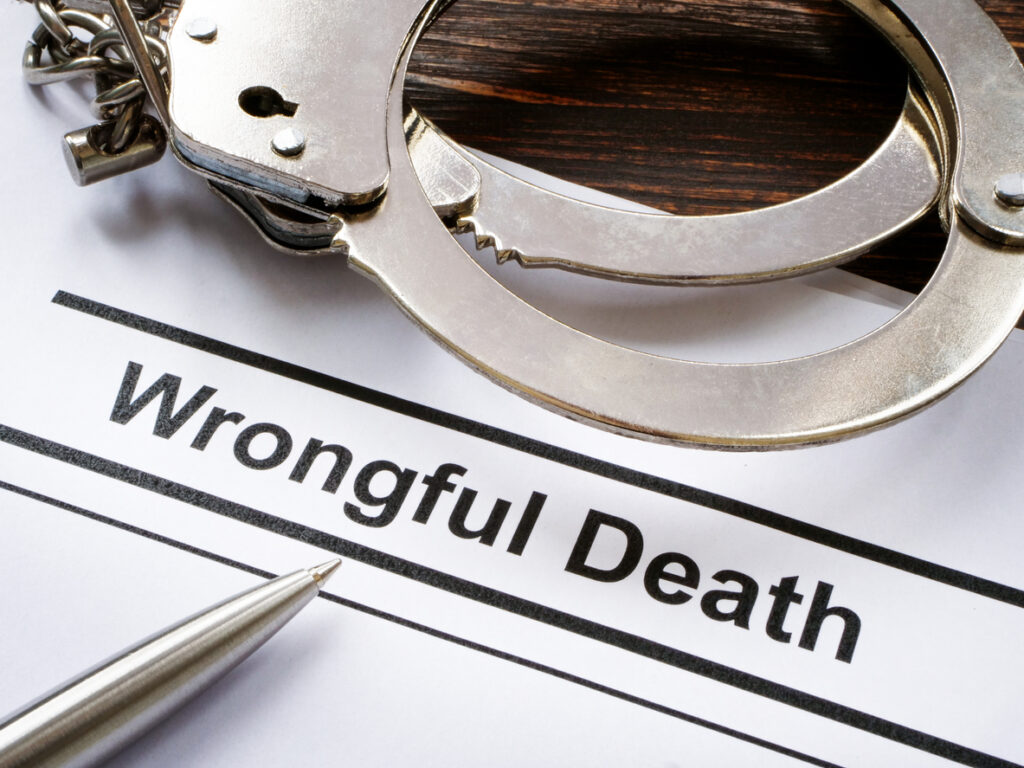- 2 Nov 2025

When a loved one passes away because of another party’s negligence, surviving family members often ask what steps they can take to seek justice. One of the most pressing concerns involves Colorado wrongful death claim eligibility. Determining who may file, when they can take action, and what compensation may be pursued is central to protecting the rights of grieving families. Colorado law has specific statutes that define eligibility, and these rules can affect whether a claim succeeds or fails.
This guide examines the most common questions surrounding Colorado wrongful death claim eligibility. By reviewing the statutes, timeframes, and rights granted under Colorado law, families can better understand how to move forward with these difficult cases.
What Does Colorado Wrongful Death Claim Eligibility Mean?
Colorado wrongful death claim eligibility refers to the legal standards that define who can bring a wrongful death action after a fatal accident. Under Colorado statutes, wrongful death arises when a death is caused by a wrongful act, neglect, or default of another person or entity. Essentially, if the deceased could have filed a personal injury claim had they survived, their eligible survivors may pursue a wrongful death case instead.
Eligibility rules not only determine which family members can file but also restrict the timeframe during which they may act. These statutory provisions are meant to balance fairness to surviving relatives with the defendant’s right to finality. Because wrongful death cases intersect with emotional, financial, and legal issues, understanding the details of Colorado wrongful death claim eligibility is crucial for every family considering legal action.

Who Is Allowed to File Under Colorado Wrongful Death Claim Eligibility?
One of the most important aspects of Colorado wrongful death claim eligibility is identifying the individuals who have standing to file a lawsuit. Colorado law grants this right in a tiered structure that depends on the relationship to the deceased and the time since death.
In the first year following the death, the surviving spouse has exclusive rights to file. During this period, other family members cannot initiate a claim unless the spouse waives that right in writing. In the second year, the rules expand to include the deceased’s children, and if no children exist, the parents may file. These distinctions reflect the state’s intent to prioritize the rights of the closest surviving relatives while ensuring that parents are not left without recourse when no spouse or children remain.
To ensure accuracy, Colorado statutes clearly outline these eligibility provisions. The Colorado General Assembly provides direct access to these laws, which can be reviewed in detail through the official legislative resources.
How Do Time Limits Affect Colorado Wrongful Death Claim Eligibility?
Beyond who may file, the statute of limitations plays a central role in Colorado wrongful death claim eligibility. In Colorado, surviving family members generally have two years from the date of death to initiate a wrongful death action. Filing outside this statutory period typically results in dismissal, regardless of the merits of the case.
The division of rights between the first and second year underscores the importance of acting promptly. A spouse who chooses not to file during the first year may lose exclusive control once the second year begins, when children or parents may step in. Failing to act within the two-year period altogether permanently bars recovery. These limitations emphasize why families must evaluate eligibility and timing carefully in order to preserve their legal rights.
Can Multiple Parties File Under Colorado Wrongful Death Claim Eligibility?
Families often ask whether more than one person can pursue a claim simultaneously. Under Colorado wrongful death claim eligibility, only one wrongful death lawsuit may proceed, regardless of how many family members are legally entitled to file. This means that eligible parties must either join the same lawsuit or rely on the plaintiff to represent their collective interests.
The damages awarded are meant to compensate all eligible survivors, so courts consider the distribution of damages when issuing judgments. This unified process prevents defendants from facing multiple lawsuits over the same death and ensures fairness in how compensation is allocated. Understanding this restriction is vital, especially when surviving relatives are not in agreement about how to proceed.
What Damages Are Available Under Colorado Wrongful Death Claim Eligibility?
Determining Colorado wrongful death claim eligibility also involves understanding the types of damages survivors may recover. Eligible family members can pursue both economic and non-economic damages. Economic damages include lost income the deceased would have earned, funeral and burial expenses, and other financial losses. Non-economic damages cover intangible harms such as grief, loss of companionship, and emotional suffering.
Colorado law does place certain limits on non-economic damages in wrongful death cases, although exceptions may apply when the death involves felonious killing. By outlining these parameters, the state provides a balance between compensating survivors and limiting excessive liability. Survivors should be aware that eligibility extends beyond simply being able to file a claim; it also encompasses what forms of compensation may be legally obtained.
How Does Colorado Wrongful Death Claim Eligibility Differ From Survival Actions?
Another common question involves the distinction between wrongful death actions and survival actions. Colorado wrongful death claim eligibility applies to surviving family members, whereas survival actions are brought by the deceased’s estate. A survival action seeks damages the deceased could have claimed had they lived, such as medical expenses and lost wages up to the date of death.
Both types of claims may be filed simultaneously, but they are legally distinct. Wrongful death actions compensate family members for their personal losses, while survival actions compensate the estate. Understanding the interplay between these two types of claims ensures that survivors do not overlook potential avenues for recovery.
How Courts Interpret Colorado Wrongful Death Claim Eligibility
Courts in Colorado interpret Colorado wrongful death claim eligibility strictly in accordance with statutory law. Judges examine whether the plaintiff has the legal right to file and whether the claim was initiated within the statutory timeframe. Courts also ensure that damages sought align with the categories permitted under Colorado statutes.
Case law demonstrates that courts are unwilling to bend eligibility rules, even in sympathetic situations. This makes careful compliance essential. Families who fail to adhere to the statutory framework may lose their right to compensation, regardless of the strength of their underlying claim.
Why Understanding Colorado Wrongful Death Claim Eligibility Matters
Grief often overwhelms families in the aftermath of a fatal accident, and the legal requirements of Colorado wrongful death claim eligibility may feel secondary. However, eligibility determines who has the legal standing to pursue justice and what compensation may ultimately be awarded. Without this understanding, families risk missing statutory deadlines, filing improperly, or overlooking critical damages.
This makes eligibility not merely a technicality but a central pillar of wrongful death litigation. Survivors who navigate these rules carefully place themselves in a stronger position to secure justice for their loved one.
For those seeking more in-depth information on the statutory framework, a comprehensive resource on Colorado wrongful death claim eligibility provides a detailed breakdown of who may file and under what circumstances.
Conclusion
Colorado wrongful death claim eligibility is defined by a careful balance of statutory rights, time limitations, and judicial interpretation. Spouses, children, and parents each play a role depending on the timeline, and only one lawsuit may proceed on behalf of all eligible survivors. Time limits are unforgiving, damages are structured by statute, and courts enforce these rules strictly.
Understanding these details helps families take timely and appropriate action in seeking justice. While the emotional toll of wrongful death is immeasurable, the legal framework exists to provide surviving relatives with both accountability and compensation. Awareness of eligibility requirements ensures that survivors honor their loved one’s memory while preserving their legal rights.
Recent posts
- 17 Oct 2025
Categories
- Accident & Injury Law (54)
- AI (1)
- Copyright Law (1)
- Criminal & Civil Law (17)
- Disability Law (2)
- Driving Law (2)
- Employment Law (1)
- Estate Planning (2)
- Family & Relationship Law (29)
- Food and Drink (2)
- Gas Exposure (1)
- Health (1)
- Immigration Law (2)
- Injury Claim (1)
- Insurance Law (7)
- Legal (40)
- Lemon Law (4)
- Mediation (3)
- Medical Malpractice (1)
- Property & Business Law (9)
- Severance Agreement (1)
- Travel and Leisure (1)
- Uncategorized (12)
- Worker Compensation (2)



